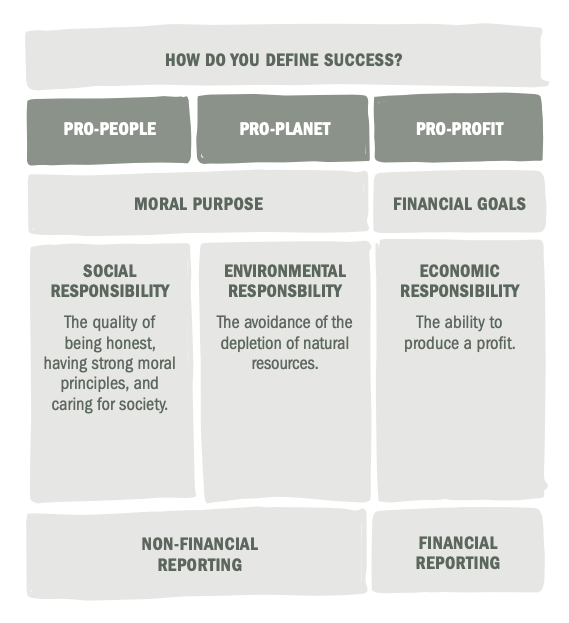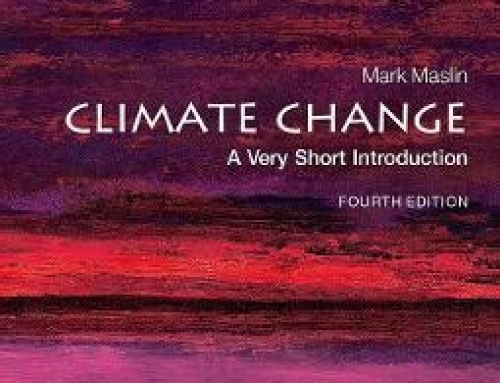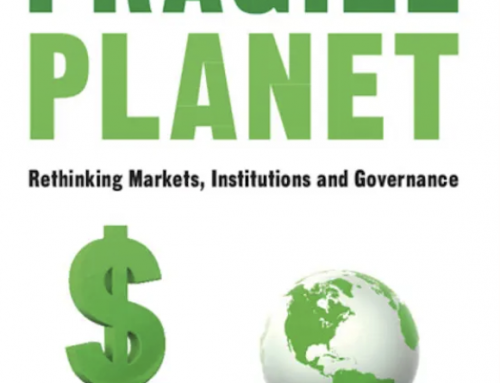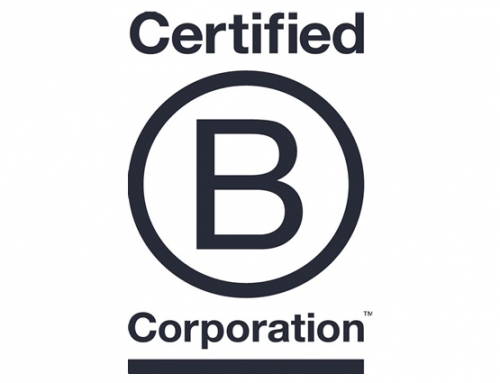The Triple Bottom Line = People, Planet and Profit.
This is a term first coined by sustainability thought leader John Elkington. It describes a business model that forces companies to focus not just on healthy profits, but also on high business integrity and environmental sensitivity – resulting in both successful business strategy and moral business practice.

It should be noted that in his 2020 book Green Swans, John Elkington talks of retracting the concept of the Triple Bottom Line – not because it is bad, but because he is dismayed by how it is being used (or misused) in many businesses today.
He feels that many organizations are hiding behind the construct, just paying lip service and using it as a tick box exercise – without any real genuine desire to change the fundamentals of their commercially-driven business models.
Like so much surrounding business ethics and sustainability, it is important to embark on this with genuine commitment, not just for PR purposes.
And companies should avoid a ‘race to the bottom’, or being simply the least bad amongst peers.
Profit is not in itself a bad thing – businesses need to be commercially viable. In other words, it’s hard to be green when you are in the red. It’s how you make the profit and what you do with it that matters.
Start by developing ambitious individual statements of intent covering your financial goals and your plans to protect people and the planet.






